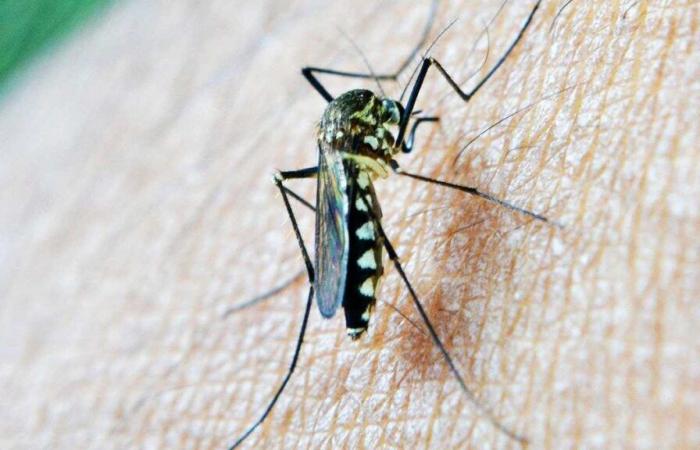Toxic males: the new scientific weapon against the scourge of malaria
Imagine a world where malaria no longer kills hundreds of thousands of people each year. This vision could become reality thanks to a surprising discovery: male mosquitoes transformed into real secret agents carrying natural venoms.
Every year, these tiny winged assassins wreak havoc in tropical and subtropical regions. Malaria, dengue, chikungunya, Zika: their list of crimes grows, leaving behind a trail of suffering and death. Faced with mosquitoes that are increasingly resistant to traditional insecticides, the scientific community has launched a race against time.
The secret of this revolution: reprogrammed male mosquitoes
« It is by observing nature that we found our inspiration“, explains Sam Beach, principal investigator of the study. The Australian team has achieved a feat: genetically modifying male mosquitoes so that they produce venoms from spiders and sea anemones. These substances, harmless to humans and beneficial wildlife, become a formidable weapon once times transmitted to females during mating.
The first tests sent shock waves through the scientific community. “We did not expect such spectacular results“, says Maciej Maselko, associate professor at Macquarie University. Females who have encountered these “toxic males” see their life expectancy drop from 37% to 64%. Simulations suggest a reduction in infectious bites of almost 60% – a figure that makes public health experts dream.
A glimmer of hope in the battle against malaria
This innovation comes at the right time. With climate change, diseases transmitted by mosquitoes are gaining ground. Unlike traditional approaches which target future generations, the toxic male technique acts immediately, like a natural and targeted pesticide.
Australian researchers assure that the venoms used are highly specific to insects, with no notable toxicity for humans or other species. However, rigorous testing is necessary before releasing these mosquitoes into the wild. They will need to assess potential risks to ecosystems, including the possibility of accidental spread of genetic modifications. To secure this innovation, a patent application was filed with the Australian Patent Office.
A paradigm shift
TMT represents a major advance in the management of disease vectors. By combining speed of action, precise targeting and respect for the environment, it could revolutionize the fight against mosquitoes and their harm. However, like any innovation, it will have to prove its safety and effectiveness on a large scale.
This new approach marks a promising step in the global fight against vector-borne diseases, serving as a reminder that scientific ingenuity can offer lasting solutions to critical public health challenges.





